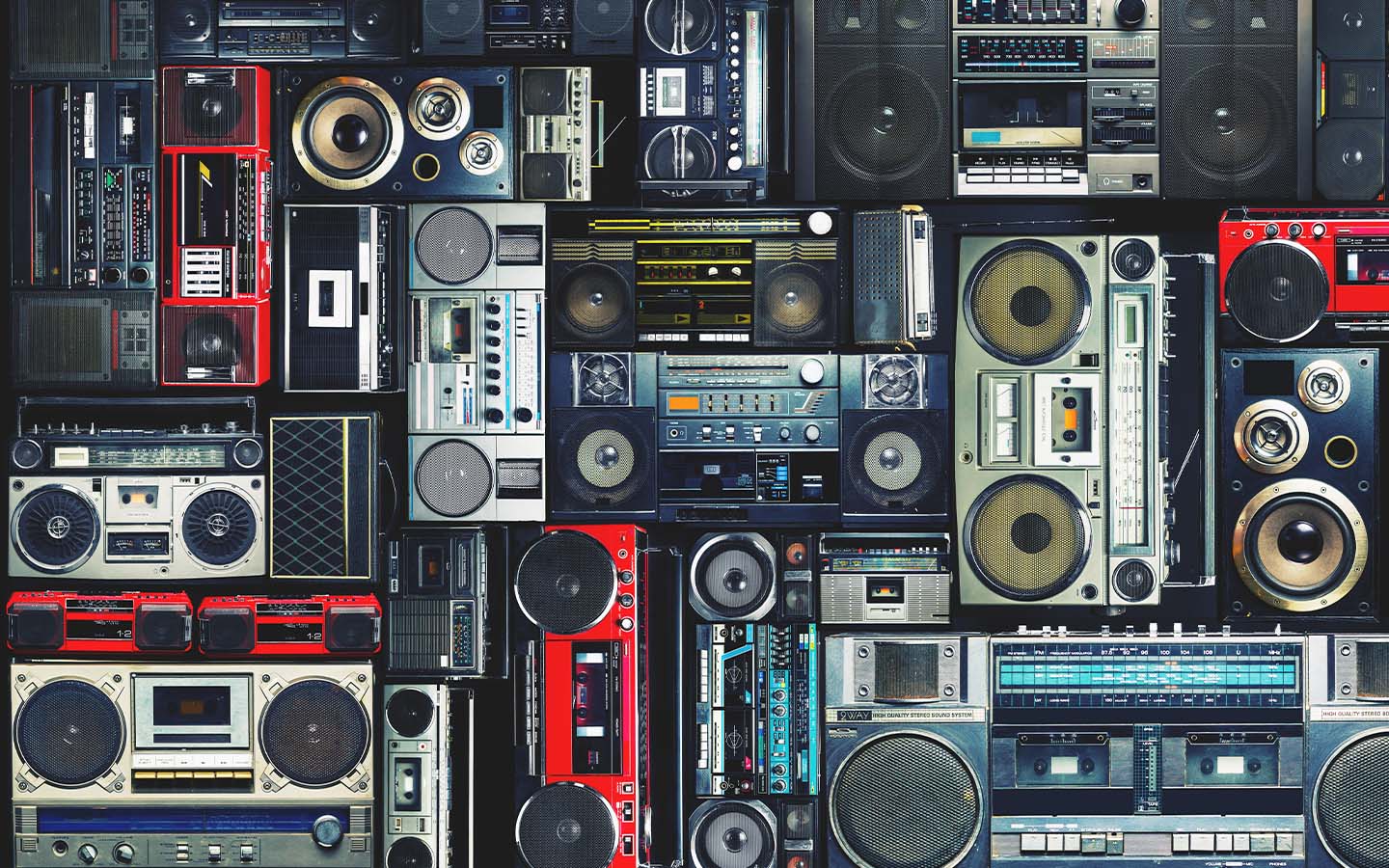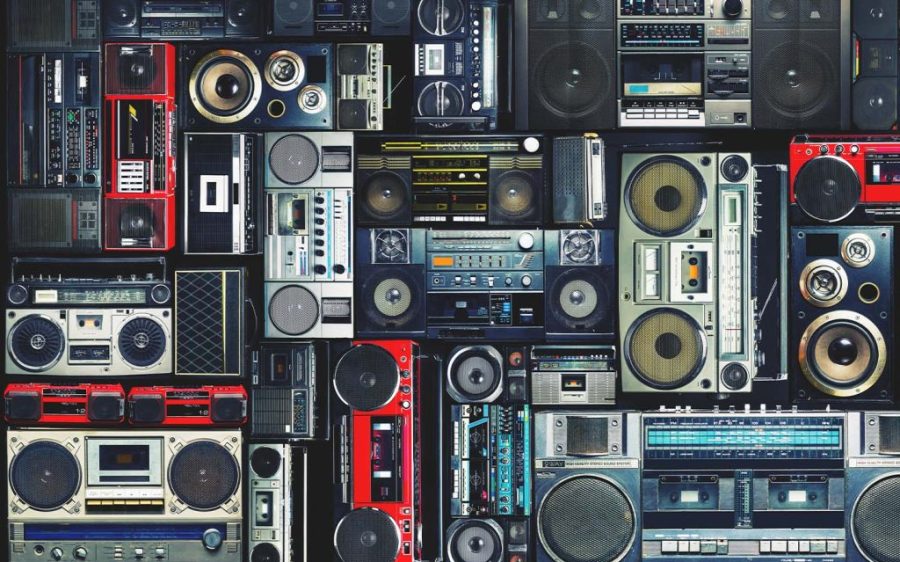Nowadays, the amount of music released each day is greater than the entire output of the year of 1989 – when acts like Madonna, Janet Jackson, Bobby Brown and New Kids on the Block dominated the charts. The eyebrow-raising statistic comes in a report by industry publication MusicRadar, underscoring how much modern tools have empowered musicians to distribute their work without the backing of record labels.
“More of that music is being done by artists themselves,” said Will Page, former chief economist for Spotify and UK performing rights agency PRS for Music. A report from business analyst MIDiA indicates the figure is going to keep rising in the coming years. It found that there were 75.9 million music creators working in 2023, up 12 percent over the previous year, and MIDiA expects to see that figure more than double by 2030 to 198.2 million.
The organisation attributes the growth in part to the rise of “consumer-creators” – individuals using affordable, widely available tools to break into industries like music, photography or videography long limited to those with money or industry backing.
[See more: A US music producer has been accused of using AI to scam Spotify out of millions]
Another factor is AI-generated music, which critics often pan it as soulless and forgettable. But while The Atlantic, to take one example, declared in a headline that “AI Can’t Make Music,” it was quick to point out “that doesn’t mean it poses an empty threat to musicians.” That’s especially true when it comes to the creation of incidental or background music, intended to accompany video content, create an ambience in a cafe, store or restaurant, or to help people focus while working or studying.
Home music production software is meanwhile increasingly in demand, encouraging companies to put out new tools and services.
Cloud services, the MIDiA report notes, also allow users to combine multiple tools to create a streamlined production process. The availability of such tools, particularly as they become more integrated, will allow for more people to seamlessly write, record and publish their own tracks. The downside is an overwhelming deluge of music of wildly varying quality. The upside? Such a low barrier to entry may encourage more niche genres and distinct sounds to emerge.






